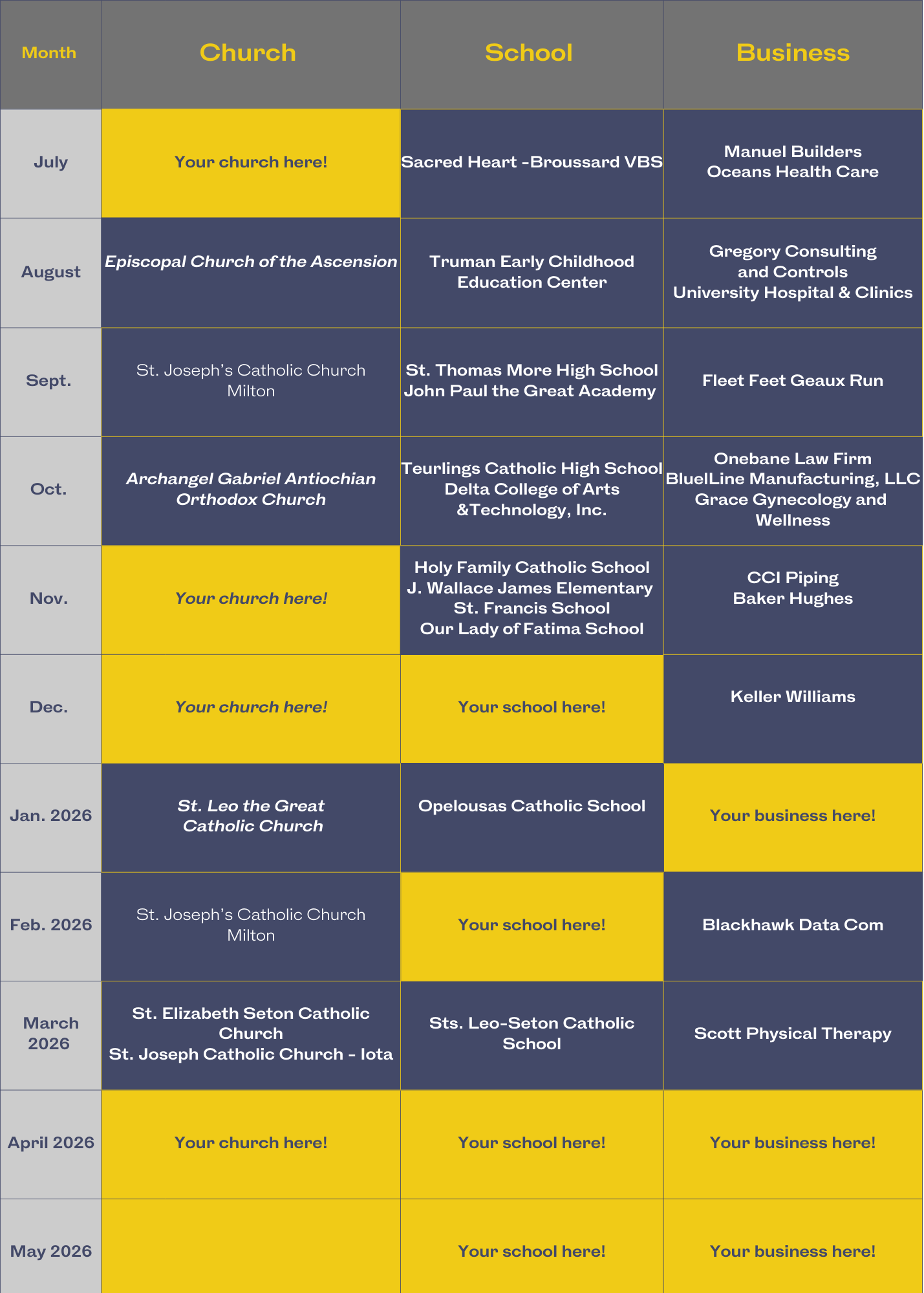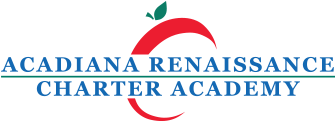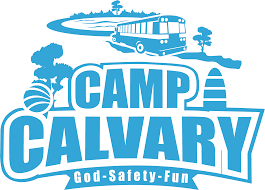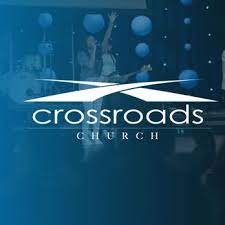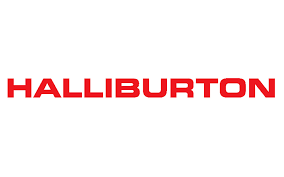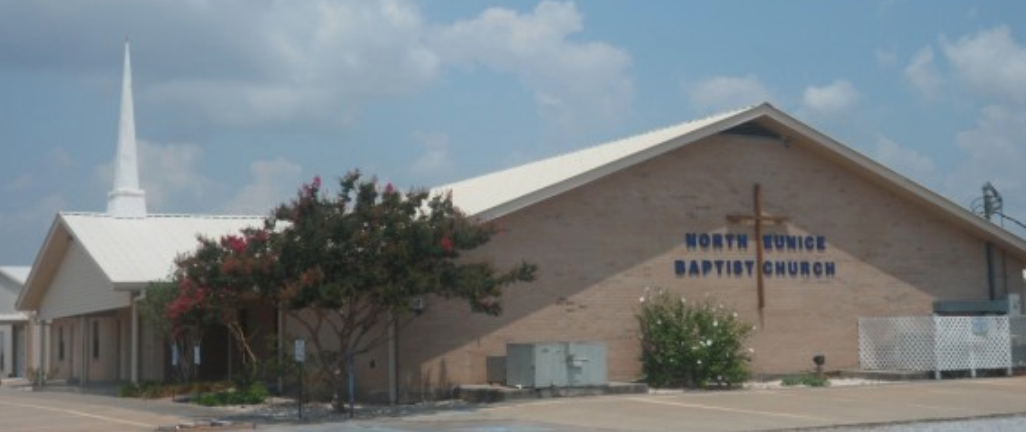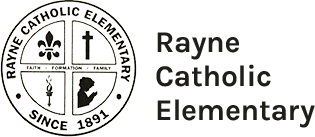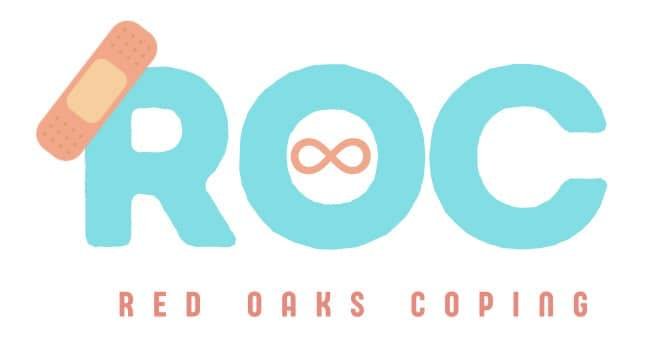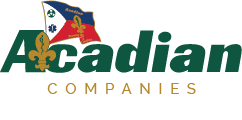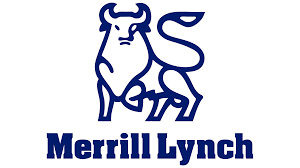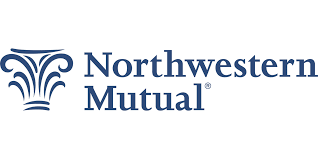This year, we’re encouragning
1 CHURCH, 1 SCHOOL, 1 BUSINESS
EACH MONTH TO
HOST A FOOD DRIVE FOR FOODNET FOOD BANK
WILL YOU JOIN US?
To inquire or sign up, contact Donations Coordinator, Matthew Lavergne at matthew@catholiccharitiesacadiana.org 337-235-4972 ext. 1230
Frequently Asked Questions
-
The goal of the 1/1/1 Campaign is to have at least one church, one business, and one school host an item-specific drive for FoodNet each month of the year.
-
This effort is critical to ensure that more families are cared for in our community. Without adequate and appropriate canned good donations, Catholic Charities of Acadiana spends $7,000-$8,000 each week filling the supplemental food bags we distribute.
The 1/1/1 Campaign answers the desire of our giving community to help meet the real need of their hungry neighbor while also decreasing what our organization needs to purchase. By relying on the community to help host item-specific donation drives, we can use our limited monetary resources to serve the areas of need in which the community cannot participate as easily.
-
We fill each bag with nutritious meal-replacement items that ensure a healthy balance of foods sufficient for one person for one week. We strive to keep these items consistent to provide an element of stability for our clients in the midst of crisis. This predictability enables those who rely on these bags to better plan with their limited resources.
Each bag contains protein (canned tuna/chicken, peanut butter, beans); grains (pasta, crackers, rice); canned vegetables, and other non-perishables to complete a well-rounded diet.
-
We find that when we are more intentional with what we ask for, people are more intentional with what they give. Item-specific food drives are most successful at attaining the right types of food and ensuring that donated food is not outdated.
-
FoodNet Food Bank is one of Catholic Charities of Acadiana’s several programs that exist to serve those experiencing homelessness, hunger, and poverty in Acadiana. FoodNet was founded by Marcelle Citron in 1986 and formally merged with Catholic Charities of Acadiana in 2019.
To learn more about FoodNet or to get involved, check out their page.
-
As a food bank, FoodNet works to host in-kind food drives and raise money to purchase food to supply a number of partner food pantries in Acadiana. These partner food pantries distribute directly to individuals and families in their geographic region.
To learn more about FoodNet or to get involved, check out their page.
-
Typically, no. St. Joseph Diner operates like a commercial kitchen using industrial-sized cans (#10) and bulk quantities of food to feed large numbers of people. FoodNet Food Bank provides non-perishable food items for families and individuals experiencing hunger and food insecurity throughout Acadiana, using the type of cans you would normally see in a home pantry.
To learn more about FoodNet or to get involved, check out their page. More info about St. Joseph Diner can be found here.


